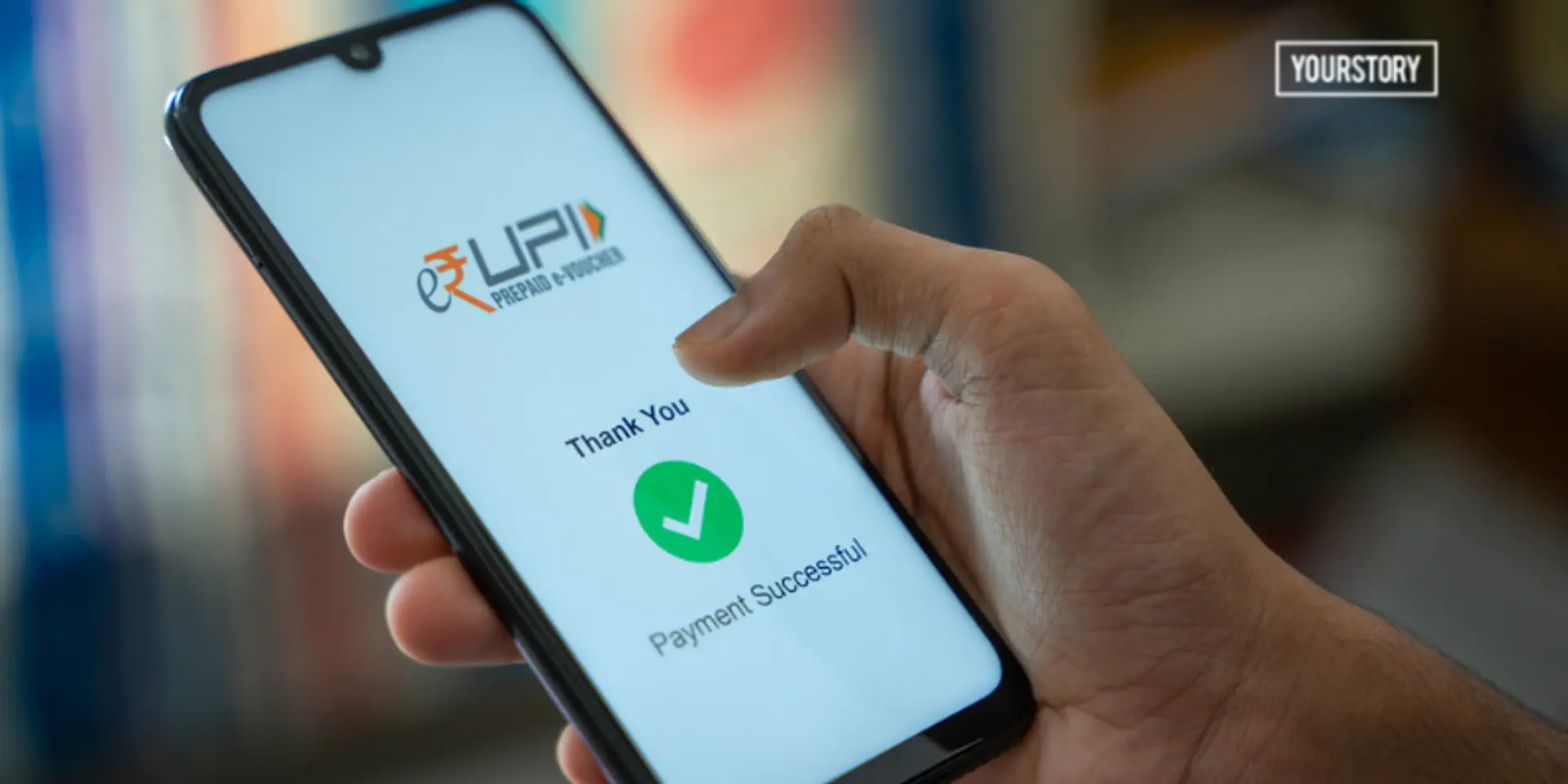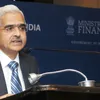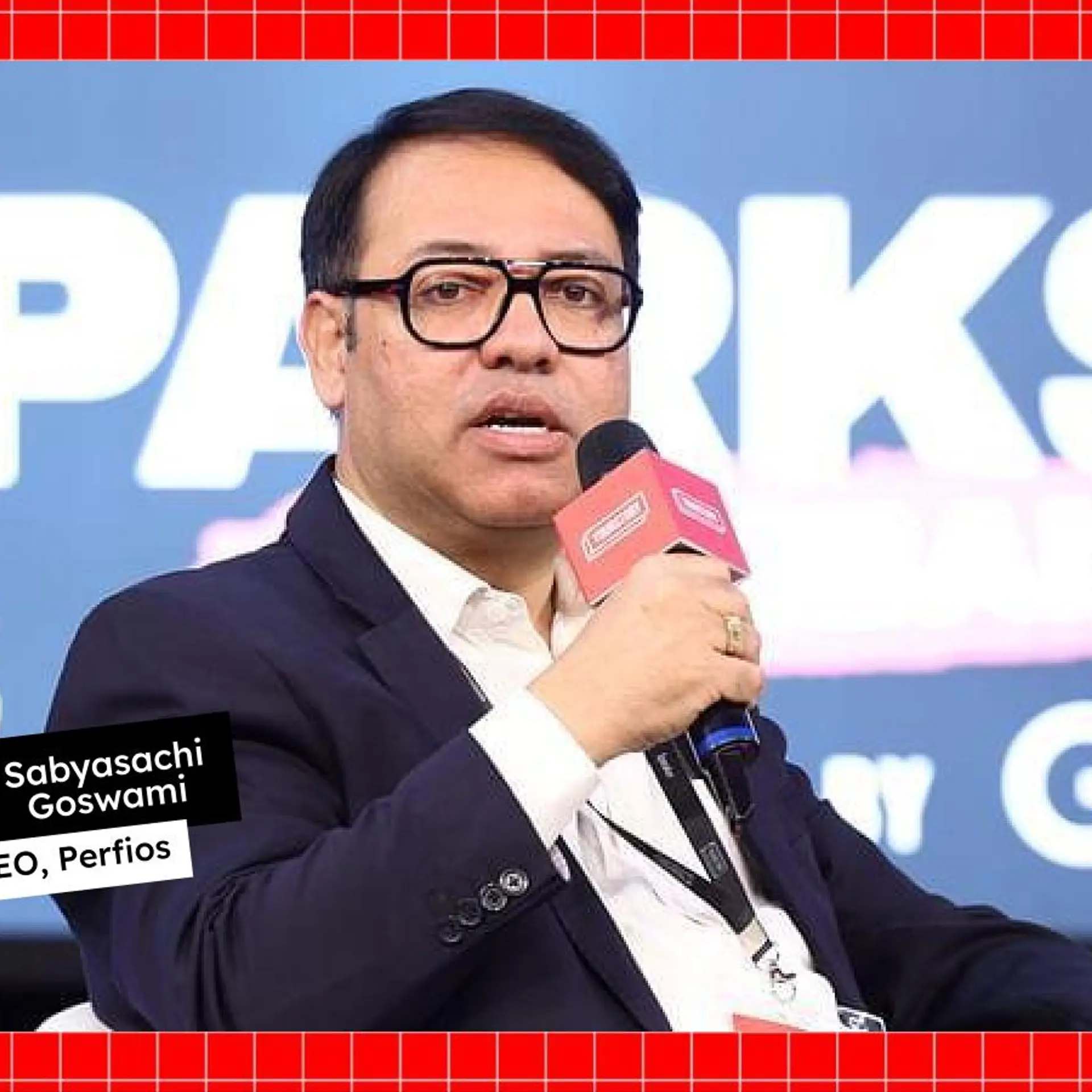PNB, Union Bank, Indian Bank first to go live with UPI on RuPay credit cards
Federal Bank, along with UAE’s Lulu Exchange, will be the first to go live with BBPS cross-border bill payments.
Reserve Bank of India (RBI) Governor Shaktikanta Das on Tuesday officially unveiled the UPI on RuPay credit cards and UPI Lite for feature phones, along with announcing that the Bharat Bill Pay System (BBPS) will enable cross-border bill payments.
Punjab National Bank, Union Bank of India, and Indian Bank will be the first to go live with UPI on RuPay credit cards via the Bhim app, while Federal Bank, along with UAE’s Lulu Exchange, will be the first to go live with BBPS cross-border bill payments.
Similar to those found on digital payment apps, UPI Lite is an ‘on-device wallet’ aimed at enabling offline transactions of smaller values, while BBPS will enable 'inbound' cross-border bill payments.
RuPay credit cards will be linked to a Virtual Payment Address (VPA) i.e. UPI ID, thus directly enabling safe, and secure payment transactions. The initial operational phase will be centred on extracting actionable learnings that will be used to fine-tune the proposition in later phases to scale up the usage, NPCI said.
At the launch, the RBI governor was accompanied by Biswamohan Mahapatra, Chairman at National Payments Corporation of India (NPCI), and Nandan Nilekan, Non-Executive Chairman at Infosys.

RuPay cards
High MDR unlikely on UPI-RuPay credit cards
While UPI transactions via RuPay-linked debit cards attract zero fee, MDR (Merchant Discount Rate)—a fee charged to merchants for processing payments made through UPI, digital wallets, as well as debit and credit cards—was capped at 0.9% for all other debit cards (Visa/Mastercard). On the other hand, MDR for UPI transactions via credit cards is yet to be announced.
However, as per reports, it could attract 2% MDR (1.5% will go to the issuing bank, while the rest will be shared by RuPay and the acquiring entity).
For credit card issuers, the MDR has been one of the major ways to earn money as credit cards usually have 2-3% MDR.
“Everyone believes that the success of UPI is because of small merchants. We will continue to support them and cannot disturb them,” said Denny V Thomas, Head, NETC and AePS Product at NPCI.
Denny said the entity has been in discussion with various industry stakeholders since the announcement of linking RuPay credit cards with the UPI platform was made.
“There would be some business model around this. It is a credit-based business at the end of the day,” he added.
MDR is important for credit card businesses owing to an interest-free credit period of 45 days, and an unsecured transaction, industry experts have echoed.
Seeking the preparedness of the ecosystem, the spokesperson said the NPCI has been working on building the infrastructure to reduce UPI-based frauds besides bringing down the failure rates. “Banks also need to follow the same path. They have previously done it for debit cards,” Denny added.
During the discussion, questions were raised around “concentration of power (payment apps)” owing to zero charges on UPI transactions. Industry stakeholders pitched for a “Tier-based structure” where MDR charges could be on the basis of transaction volume or ticket size.
In August this year, the RBI floated a discussion paper on payment charges and asked for feedback by October.
Denny also hinted at gradually allowing linkage of other issuers and credit card networks (like Visa, Mastercard etc) with UPI.
Currently, credit cards are accepted by 2-4 million merchants, but with the RBI move to approve credit card payments for UPI, the 50-million UPI merchants can be part of the credit economy. “Customers are at the centre of everything we have built. Onboarding customers is the priority, irrespective of the card network. This needs to be taken care first and the rest will follow as we (including other issuers) all grow together,” said Denny.
Edited by Kanishk Singh








